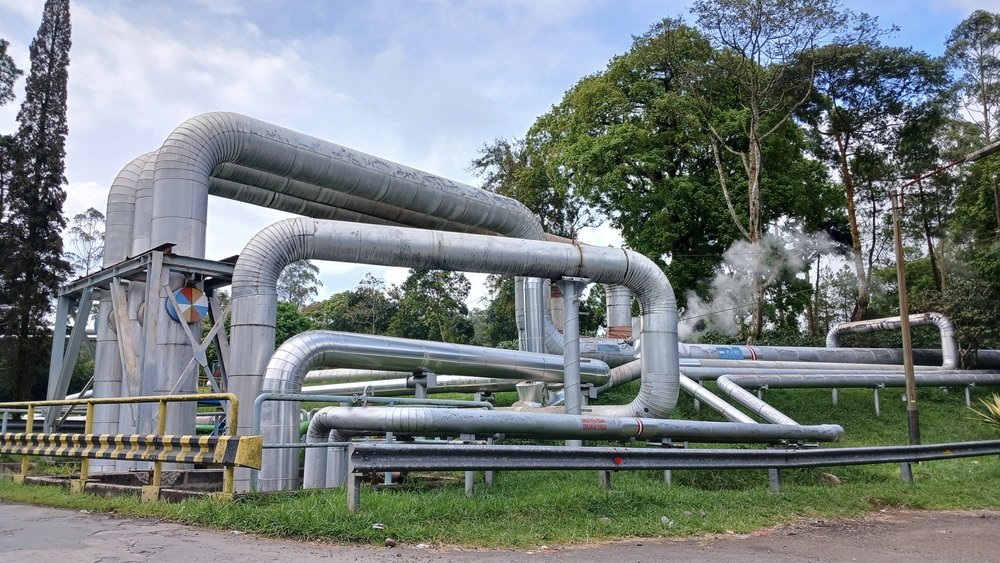At the end of August, a project in Lilienthal that had raised high hopes collapsed. The company Sweon spent two years investigating the potential of a geothermal power plant. The plan was to supply households and businesses via a far-reaching district heating network. Old drilling data from the 1980s and 2000s indicated insufficient permeability in the deep rock. A test drilling would have cost millions without a reliable basis. “In practice, geothermal energy plays no role in Lilienthal’s heat supply,” the company stated soberly. With this step, Lilienthal joins a growing number of municipalities canceling their projects. Costs, a lack of funding, and the energy crisis are hampering reliable planning. (weser-kurier: 29.08.25)
City Council Decisions Overturn Geothermal Project
An ambitious proposal also failed in Bad Bevensen. In January, the city council narrowly rejected the project. A single vote was decisive. Fears of high costs and a lack of funding tipped the scales. Investors subsequently entered into discussions, but the city council’s decision remains binding.

A collective retreat occurred on Lake Ammersee in the summer. Utting and Dießen were the first to drop out, then the entire intermunicipal project collapsed. Studies showed heat production costs that did not allow for competition. This ended another model that was considered a response to the energy crisis.
Municipalities Change Strategy
Gilching in the Starnberg district withdrew from the joint project with Gauting and Weßling in January. The local energy supply did not see a stable basis for geothermal energy. Instead of deep drilling, the municipality is relying on large-scale heat pumps and wood chip heating systems. The advantage lies in calculable costs and shorter construction times. Other municipalities are also reorienting their plans to avoid stalling the heat transition.
In Mühldorf am Inn, the city stopped purchasing heat from the nearby project in Polling. The price expectations were too high, and a contract was deemed unaffordable. While Polling continues its expansion, Mühldorf will no longer have a direct connection to geothermal district heating. For many municipalities, this is an example of how regional energy plans can fail due to lack of economic viability.
Standstill instead of heat transition
In Wolfratshausen, plans for a district heating network collapsed at the beginning of the year. The city council saw incalculable risks regarding costs and financing. The phase-out is significantly slowing the heat transition. In Waldsee, Rhineland-Palatinate, the search for a site had to be restarted because a sufficiently large area was not available.
These cases demonstrate a clear trend. While geothermal energy is considered a clean energy source, high costs and uncertain prospects for success are a deterrent. The energy crisis is increasing the pressure to find quick solutions. Therefore, many municipalities are turning to alternatives such as heat pumps, biomass, or hybrid solutions. While the technology opens up opportunities, uncertainty and investment risks are hindering widespread implementation.
